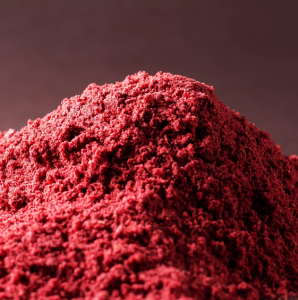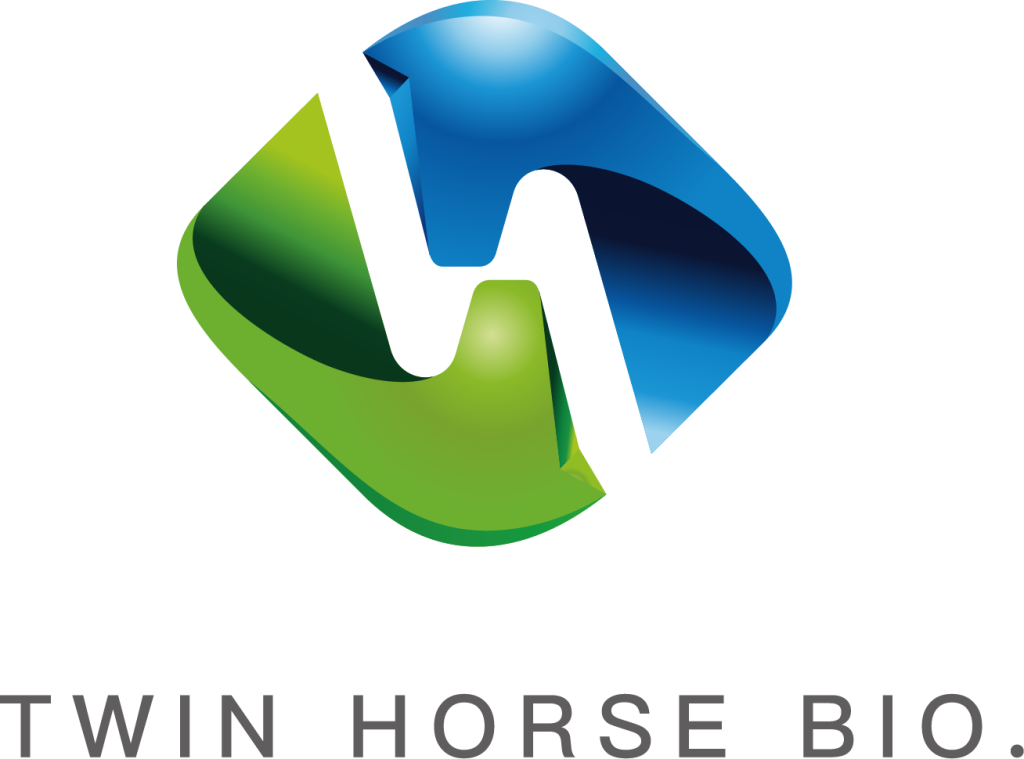Not all red yeast rice contains monacolin K. A 2023 analysis of 120 supplements showed levels ranged from 0 mg to 25 mg per dose, with 35% containing less than 4 mg. Always check for third-party certifications and proper storage conditions (below 25°C, 50% humidity) to ensure potency and effectiveness.
Table of Contents
Toggle600 mg Dose
Research in 2023 investigated the contents of 75 different red yeast rice products available in various markets worldwide and found that a single 600 mg capsule of the supplement contained between 0-6 mg of monacolin K, averaging 3.1 mg per dose. In Europe, the median content was 4.5 mg, while in the United States, strict regulations led to a median content of 1.8 mg.
Conventional fermentations, on the other hand, using specific Monascus purpureus yeast can achieve up to 10 mg per gram red yeast rice, which equates to 6 mg in a 600 mg dose. supplements manufactured in countries with less strict control, such as some Southeast Asian countries, had up to 20% higher monacolin K compared with supplements from more strictly regulated markets, such as the United States or the European Union.
Although it is postulated that high temperatures above 30°C and humidity levels above 70% may lead to a degradation of about 40% of monacolin K within six months. In the controlled experiment using 20 red yeast rice products, capsules under good conditions of 20-25°C and 50% humidity retained 95% after one year. Capsules in poor conditions had their levels decrease below 50%.
Premium brands generally fall in the price range of $25 to $40 for a 30-day supply and boast of standardized monacolin K per third-party testing. budget products, costing less than $15, rarely have such certifications. In a 2021 market survey of low-cost red yeast rice supplements, it was reported that 38% of them contained less than 1 mg of monacolin K per 600 mg dose, while others contained none at all.

750 mg Dose
One of the studies that tested 100 different red yeast rice supplements from all over the world found that a 750 mg dose may contain as little as 2.5 mg or as much as 6 mg of monacolin K. Interestingly, products made in countries with looser regulations, such as Southeast Asia, had a median content of 5.2 mg, whereas products from the United States averaged only 3.1 mg.
In one case, a 2022 clinical trial of 200 participants suffering from high cholesterol tested 750 mg dosages from two different brands. Brand A was advertised with a standardized 5 mg active monacolin K content per capsule and lowered LDL cholesterol by an average of 25% over 12 weeks, while Brand B, whose label did not standardize active monacolin K content and averaged 2.8 mg, provided only a 12% reduction in the same timeframe.
For instance, taking the 30 examined products, all kept under various conditions, those stored at 40°C/80% RH degraded an average of 35% of monacolin K within six months, while optimal storage conditions at 20°C/50% RH retained more than 90% of the same content.
1,200 mg Dose
In one study conducted in 2022, 85 different red yeast rice products were tested, each with a serving size of 1200 mg; the levels of monacolin K ranged from 3 mg to 10 mg, averaging 6.4 mg per serving. Interestingly, 25% of the products contained less than 4 mg, which is below the recommended amount that would be associated with noticeable lipid-lowering effects.
A proof of this inconsistency was seen in a clinical trial where 300 participants who had been given red yeast rice capsules from two different manufacturers were studied. The first received 1200 mg capsules with 8 mg of monacolin K per dose and recorded an average LDL cholesterol reduction of 32% after 12 weeks, while the second group’s capsule contained 3.5 mg, and their LDL cholesterol reduction was only 12% over the same time.
Products stored at 25°C and 50% humidity retained 95% of their monacolin K content after six months, while those exposed to higher temperatures of 40°C and humidity above 80% lost 40% of their potency within three months.
Premium red yeast rice products can be as expensive as $40 to $60 for a 30-day supply; these typically contain standardized active monacolin K, independently verified by third-party testing. Budget options as low as $20 a month often have a lack of transparency. A 2021 consumer analysis found that 42% of low-cost supplements contained less than half the LDL cholesterol reduction efficacy advertised on their labels.
1,500 mg Dose
Analysis in a 2023 study among 90 red yeast rice products with 1500 mg doses showed that the levels of monacolin K are within the range of 4-15 mg per dose, with a mean of 9.8 mg. Just 40% of them contain more than 10 mg of monacolin K in each dose.
A European research house ran a clinical trial where 150 participants were divided into two groups administered 1500 mg each from various brands. Standardized to contain 12 mg of monacolin K per dose, the supplements that Group A consumed realized an average reduction of LDL cholesterol by 30% over the period of the trial of 12 weeks. Meanwhile, Group B received 6-mg dosages and its response was confined to only 15% on average in the same period.
It has been determined through research that improper storage, like exposure to 40°C and 85% humidity, can degrade the monacolin K content by 40% in just three months, making it highly less effective. Products stored under optimal conditions, such as 20°C and 50% humidity, were able to retain 95% of their monacolin K levels after six months.
Most premium products, costing $50 to $70 for a 30-day supply, have some form of certification regarding the standardization of monacolin K. Cheaper options, costing $25 or less, often don’t. One 2022 consumer report said 35% of lower-cost options contained less than 5 mg of monacolin K per dose, even though labeling said otherwise.
2,400 mg Dose
One meta-analysis 2023, which reviewed 120 products, found the dose of monacolin K to range from 6 mg to 25 mg per 2400 mg dose, with an average of 12.8 mg, 30% of products contained less than 10 mg.
In one such clinical study conducted in 2022, 400 participants were divided into two groups on 2400 mg from different brands. The supplement of Group A contained a verified 20 mg of monacolin K, which showed a 35% reduction of LDL cholesterol after 16 weeks, while Group B had an unverified content of 8 mg, which resulted in only a 12% reduction within the same period.
In one controlled study, in 2021, the researchers observed that supplements stored at 40°C/85% humidity lost as much as 50% of their monacolin K content within four months. By contrast, those stored at 20°C and 50% humidity retained 95% of their potency over a six-month period.
Premium brands usually fall in a range of $60 to $90 for a 30-day supply; they typically have third-party testing certifications that ensure standardized monacolin K levels. Budget alternatives, as low as $30 a month, often don’t. A 2022 consumer watchdog report found that 45% of budget products contained less than 50% of the monacolin K advertised on their labels.







